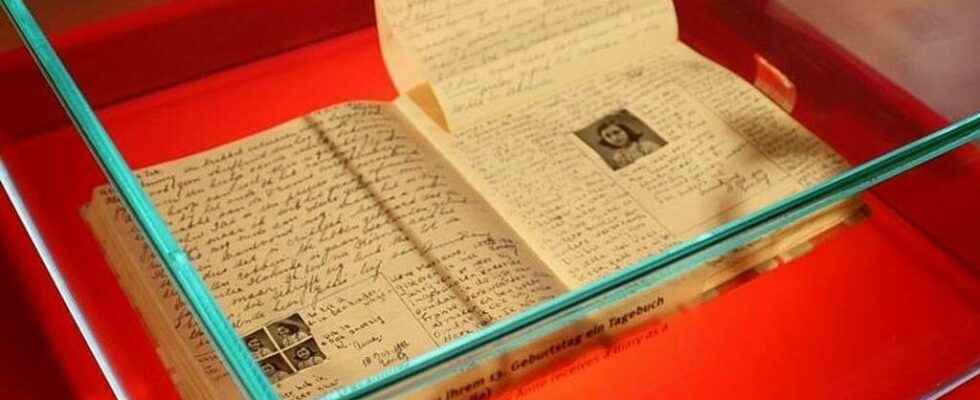On August 1, 1944, an SS non-commissioned officer, German and Dutch police discovered behind a shelf the entrance to the rooms where Anne Frank and her family had been hiding for two years and three months, following a denunciation. A book comes to designate a new suspect, Arnold van den Bergh.
With our correspondent in Brussels, Pierre Benazet
For anyone who has looked into the event, the German and Dutch police officers did not stumble upon this shelf which hid the family ofAnne Frank, there was a denunciation. After two investigations by the Dutch police (in 1948 and 1963), this betrayal became the oldest closed case in the Netherlands.
A book therefore comes to designate a new suspect, Arnold van den Bergh, who was not part of the list of half a dozen people accused over time of having delivered the Frank family and the four people who shared their hiding place . He is formally charged with whistleblowing by a former FBI investigator who led an entire team and dozens of volunteers for five years.
Arnold van den Bergh had been denounced by an anonymous letter. A letter received on his return from Auschwitz by the sole survivor of the family, Otto, Anne Frank’s father. It is a copy of this letter which was found in a box at a former Dutch investigator by Vincent Pankoke.
A possible denunciation to save his own family
After retiring from the FBI, Vincent Pankoke was approached in 2016 to lead a team of investigators, historians, archivists and computer scientists. Thanks to artificial intelligence, they have cross-checked tens of thousands of elements, arrests, denunciations, collaborators, SS. They even surveyed all of the residents of the block in the middle of which Anne Frank’s hiding place was located.
They arrived at four main suspects of which three were eliminated. Notary Arnold van den Bergh was part of the Joodsche Raad, the Jewish Council set up by the Nazis during the occupation of the Netherlands, and investigators accuse him of denouncing the Franks to save his own family.
The director of the museum and of the Anne-Frank House warns that the accusation must be taken with a grain of salt; but for Vincent Pankoke it is ” of the most likely scenario “.
►To listen: The Anne-Frank House and young people: the fight against discrimination
